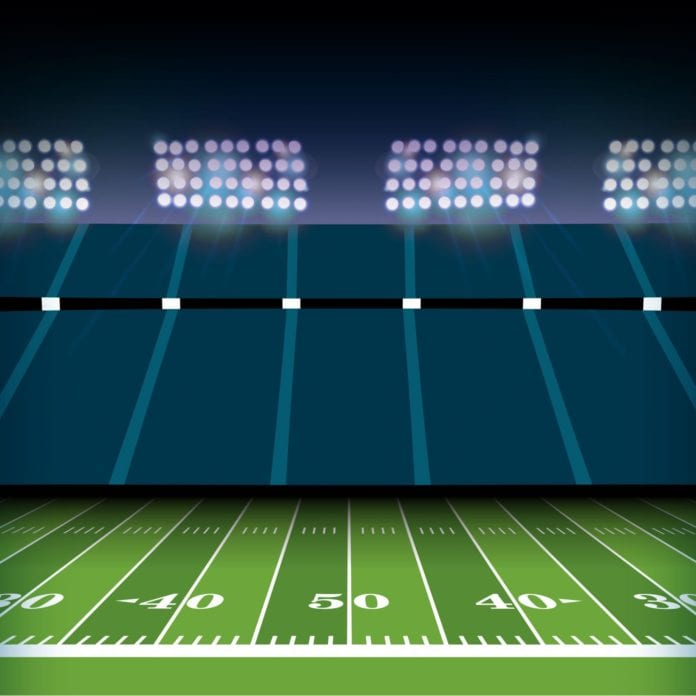Verizon invested more than $80 million to provide 5G, MEC to Super Bowl LV
At this year’s Super Bowl, fans — both those at home and the few thousand lucky enough to be at the Raymond James Stadium — had the opportunity to experience the power of 5G and Mobile Edge Computing thanks to Verizon’s $80 million upgrade to the stadium’s network. Now that the game day excitement is over, Verizon has released initial reports revealing the impact of 5G during the event.
According to Verizon, its customers streamed to the stadium with a 28% increase in mobility over last Sunday at the same time and used 7 TB of data during the game, which the carrier said is equivalent to streaming over 2,000 full length feature movies in 720p or posting over 7.3 million Instagram photos.
Further, 5G customers saw an average download speed of 817 Mbps, with peak speeds in the stadium during the game reaching over 2 Gbps.
Last year, the Hard Rock Stadium in Miami, was able to be at full capacity, meaning 62,000 seats were filled, compared to this year’s 25,000. Those fans, who collectively used more than 26 terabytes of data during the game period, were able to benefit from the added capacity of 5G. At the time, John Brams, director of sports and entertainment at Extreme Networks, said last year’s game saw was the most data ever transferred at any public venue for any event.
At this year’s Super Bowl, however, the addition of Verizon MEC built off of what 5G brings, delivered the ability to run advanced computing applications, such as facial recognition ticketing, thermal scans and enhance crowd management solutions, including the ability to check wait times for restroom or concession stand lines from your seat in real time.
Verizon also outfitted Raymond James Stadium with 70 miles of fiber in and around the stadium and installed 281 new small cell antennas. In fact, Verizon’s network enhancements are so pervasive, that nearby areas, such as downtown Tampa, Ybor City and the Tampa Riverwalk, will benefit from them.
“As the number of arenas and stadiums with Verizon 5G continues to grow,” Verizon Vice President of Device Technology Brian Mecum told RCR Wireless News ahead of Sunday’s game, “we’re seeing how our technology brings a new dimension to all aspects of the fan experience, from public safety to how fans interact with the action on the field.”
In addition to the stadium network buildout, Verizon also announced that it will supply $10 million in grants to small businesses struggling as a result of the pandemic, an action that was memorialized during a post-game concert.

